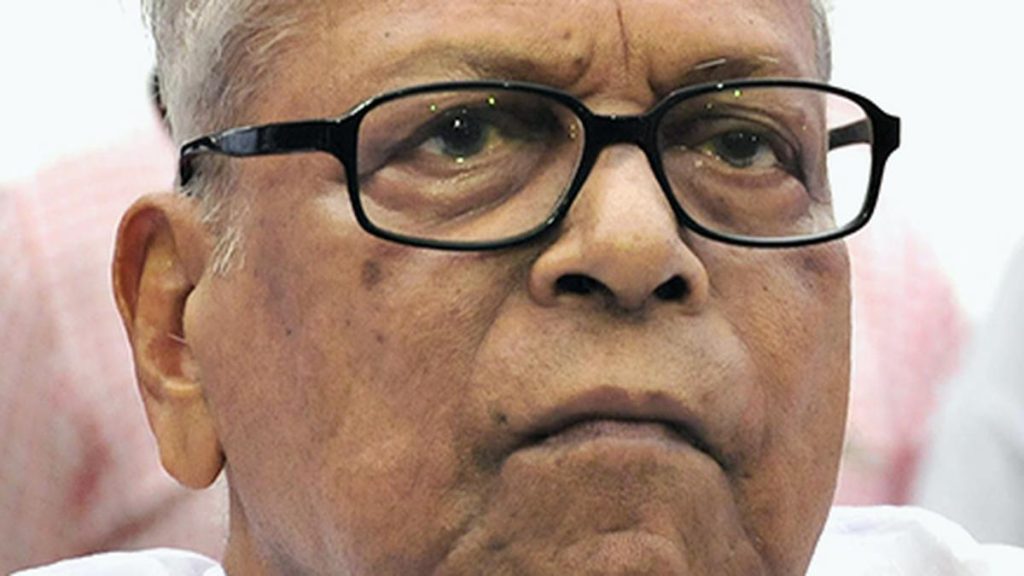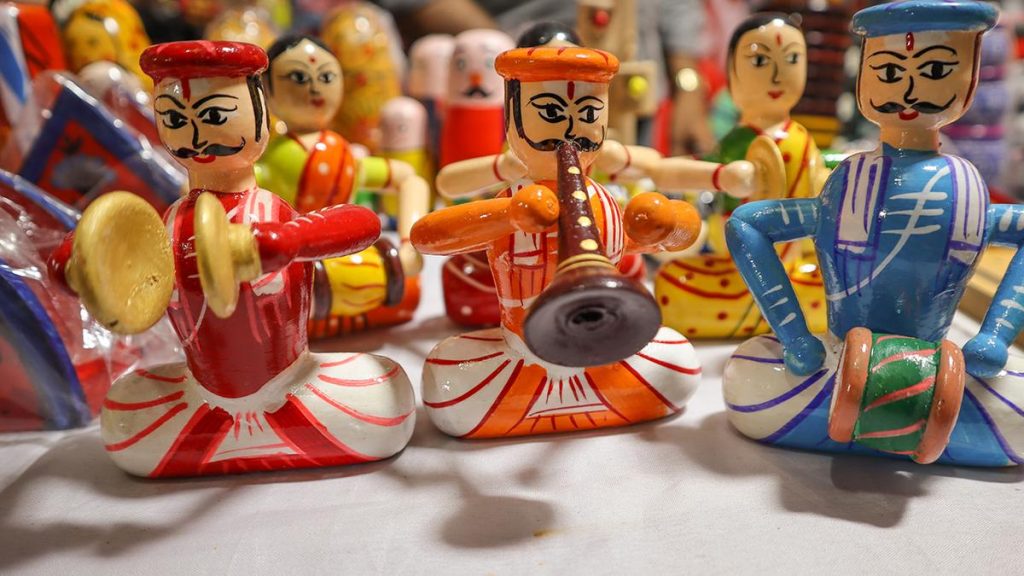Now Reading: Karnataka Drafts Law on Devadasis: Paternity Tests, Property Rights Proposed
-
01
Karnataka Drafts Law on Devadasis: Paternity Tests, Property Rights Proposed
Karnataka Drafts Law on Devadasis: Paternity Tests, Property Rights Proposed
Swift Summary
- The Karnataka government is drafting a new law, the Karnataka Devadasi (Prevention, Prohibition, Relief and Rehabilitation) bill, to replace the 1982 Karnataka Devadasi (Prohibition and Dedication) Act.
- Key provisions:
– Children of Devadasis will be deemed “legitimate” with inheritance rights under Hindu Personal Law.- DNA tests will be allowed to establish paternity; fathers can contest claims with biochemical evidence.
– Unwilling children may refrain from declaring their father’s name on official documents like Aadhaar cards or passports.
– Increased penalties for dedicating women as Devadasis: imprisonment from 2-5 years and a fine of ₹1 lakh.
- A fresh survey of Devadasis has been ordered before October 2025; previous estimates are:
– 1993: ~22,873 identified.
– 2007: ~46,660 identified.
- Some districts like Ballari and Vijayanagara reportedly have around 9,000 Devadasis currently.
- As the implementation of the current Act in 1982:
– decisions in reported cases include conviction (4 cases) or acquittal (11 cases) out of a total of 33 reported incidents.
- Thorough consultations were held with experts,affected women’s groups,and children while drafting this Bill.
Indian Opinion analysis
The proposal for stricter legislation against the practice of dedicating women as Devadasis marks an important step toward addressing both human rights abuses rooted in tradition and systemic marginalization. By recognizing children born to Devadasis as legitimate heirs with property rights under Hindu Personal Law,the bill ensures social inclusion and economic justice.The strengthening of penal provisions signals firm governmental intent; though, improved enforcement mechanisms will determine its success given historical data showing low conviction rates under existing laws (only four convictions as 1982). Additionally, empowering children to handle paternity matters without public stigma balances personal dignity against social practicalities but also requires careful implementation so that it avoids potential misuse or added bureaucratic hurdles.
By addressing gaps related to rehabilitation-including landlessness-this measure not only seeks justice but also fosters economic self-reliance among one of society’s most vulnerable demographics. While intended reforms are promising overall-as mirrored by wide-ranging consultations-their effect will depend on transparent governance during identification surveys where many excluded individuals remain invisible despite decades-old efforts at reforming such practices.
Link unavailable.

























